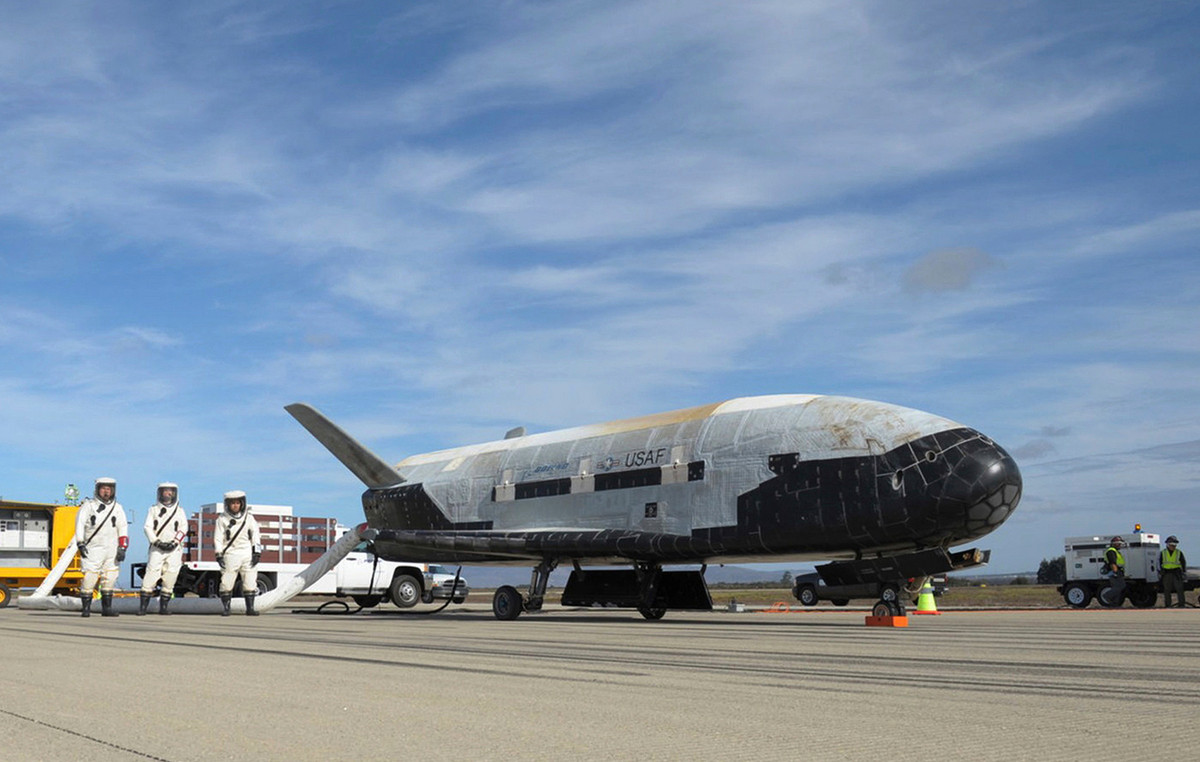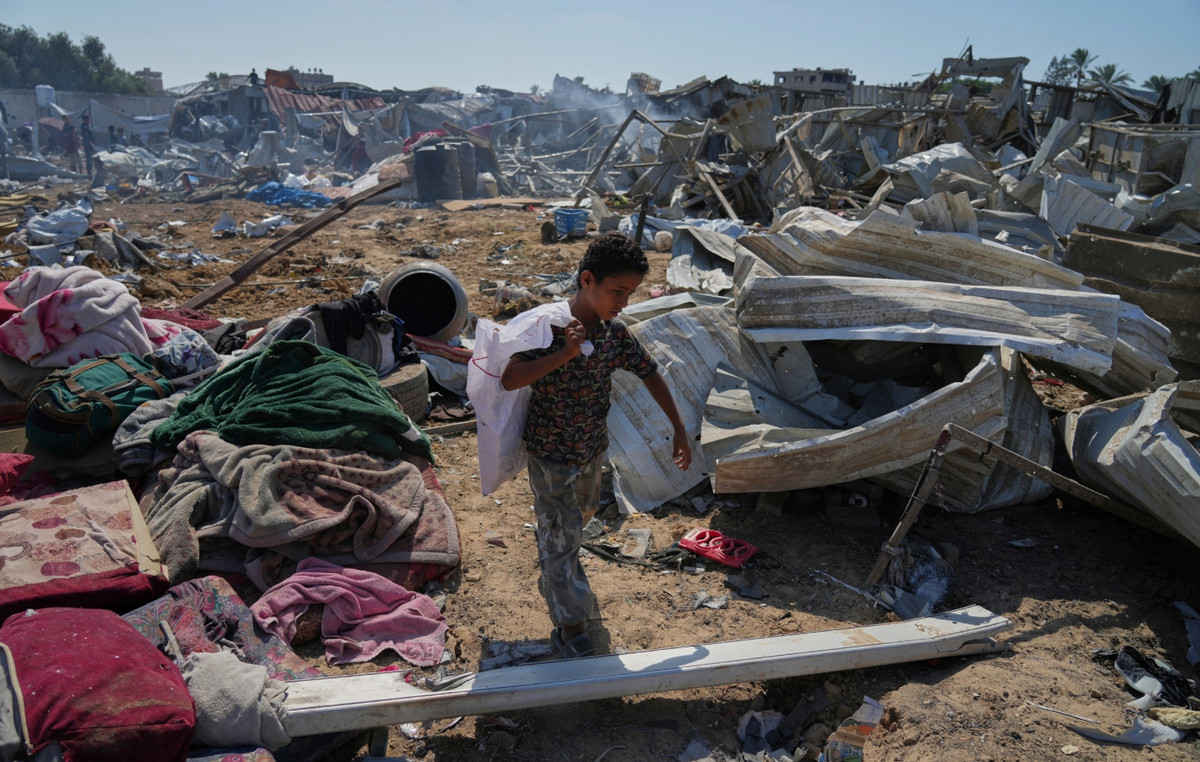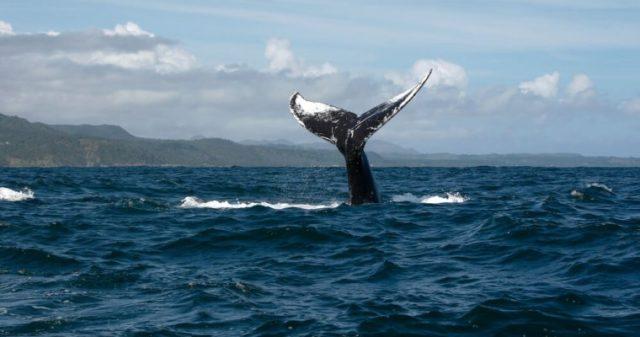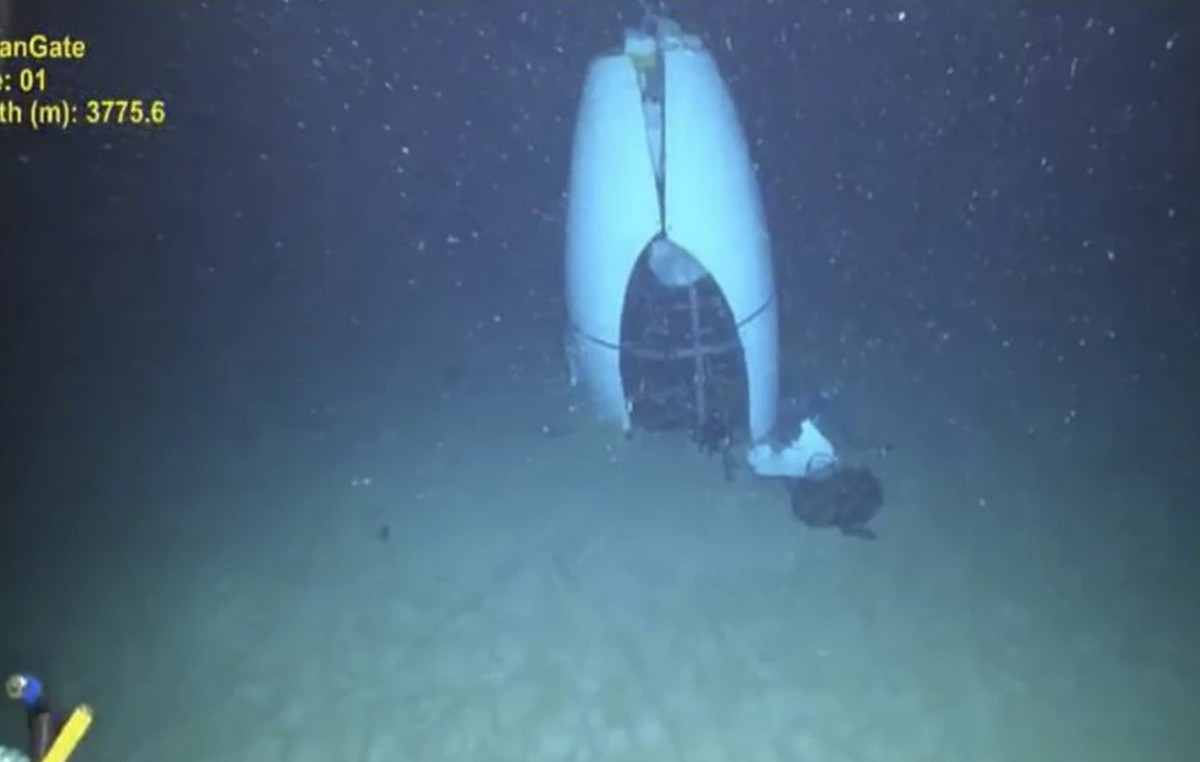Brazil adopted a tough stance against the Israeli military operation in the Gaza Strip, but modulated its tone when addressing Russia’s invasion of Ukraine during a speech at the expanded session of the BRICS Summit.
Foreign Minister Mauro Vieira, representing Brazil at the summit, classified Israel’s war against Hamas as a “collective punishment” for the Palestinians after the October 7 attack.
The foreign minister said that there is no justification for terrorist acts like those carried out by Hamas, but Israel’s disproportionate reaction became collective punishment for the Palestinian people.” He further stated that “more explosives have already been dropped on Gaza than those that hit Dresden, Hamburg and London in the Second World War”.
Mauro Vieira also defended the initiatives of countries in the Global South in the midst of the conflict — such as the Arab League Peace Initiative, Qatar’s role in mediating negotiations for a ceasefire and the action filed by South Africa at the International Court of Justice against what he classified as “genocide” in the Gaza Strip.
“Meanwhile, the role played by other countries has been, to say the least, disappointing, not to say conniving. Those who claim to be defenders of human rights close their eyes to the greatest atrocity in recent history,” he said.
In his speech, the Brazilian chancellor also stated that “there will be no peace until there is an independent Palestinian state”.
Russia x Ukraine
Regarding the Russian operation on Ukrainian territory, Mauro Vieira avoided criticizing the Kremlin and defended Brazil and China’s proposal to end the conflict.
The Sino-Brazilian initiative envisages a six-step process that would have as its starting point direct negotiations between the Kremlin and Kiev and the freezing of the battlefront as it is at the moment, without any further territorial advance.
Ukraine and its allies criticize the proposal, stating that this would be a “pro-Russian” plan as it does not require the immediate withdrawal of Russian soldiers from Ukrainian territory.
“We formed a peace club to encourage dialogue and seek a lasting solution. This lasting solution will only come with respect for international law, including the purposes and principles enshrined in the UN Charter, and the central role of the United Nations in the international system”, assessed Vieira.
Energy transition and digital revolution
Finally, the Minister of Foreign Affairs presented a list of challenges that low- and middle-income countries need to face in a scenario of global income concentration and technological revolutions that could make this process even more acute.
On this list are, according to Mauro Vieira: the energy transition to an economy that does not depend on the exploitation of fossil fuels; the development of Artificial Intelligence tools; and the promotion of industrialization.
To guarantee these objectives, however, Mauro Vieira argued that the Global South needs to work together to change the structure of international cooperation organizations. And he once again repeated the possibility of convening a type of constituent to rewrite the UN Charter, a proposal raised by Lula during a parallel event to the United Nations General Assembly, held in New York last month.
“We want to explore these themes throughout our BRICS presidency, next year, which will have as its motto Strengthening Global South Cooperation for a More Inclusive and Sustainable Governance,” said Vieira.
This content was originally published in Brazil criticizes Israel and spares Russia when talking about global conflicts in the Brics on the CNN Brasil website.
Source: CNN Brasil
Bruce Belcher is a seasoned author with over 5 years of experience in world news. He writes for online news websites and provides in-depth analysis on the world stock market. Bruce is known for his insightful perspectives and commitment to keeping the public informed.







